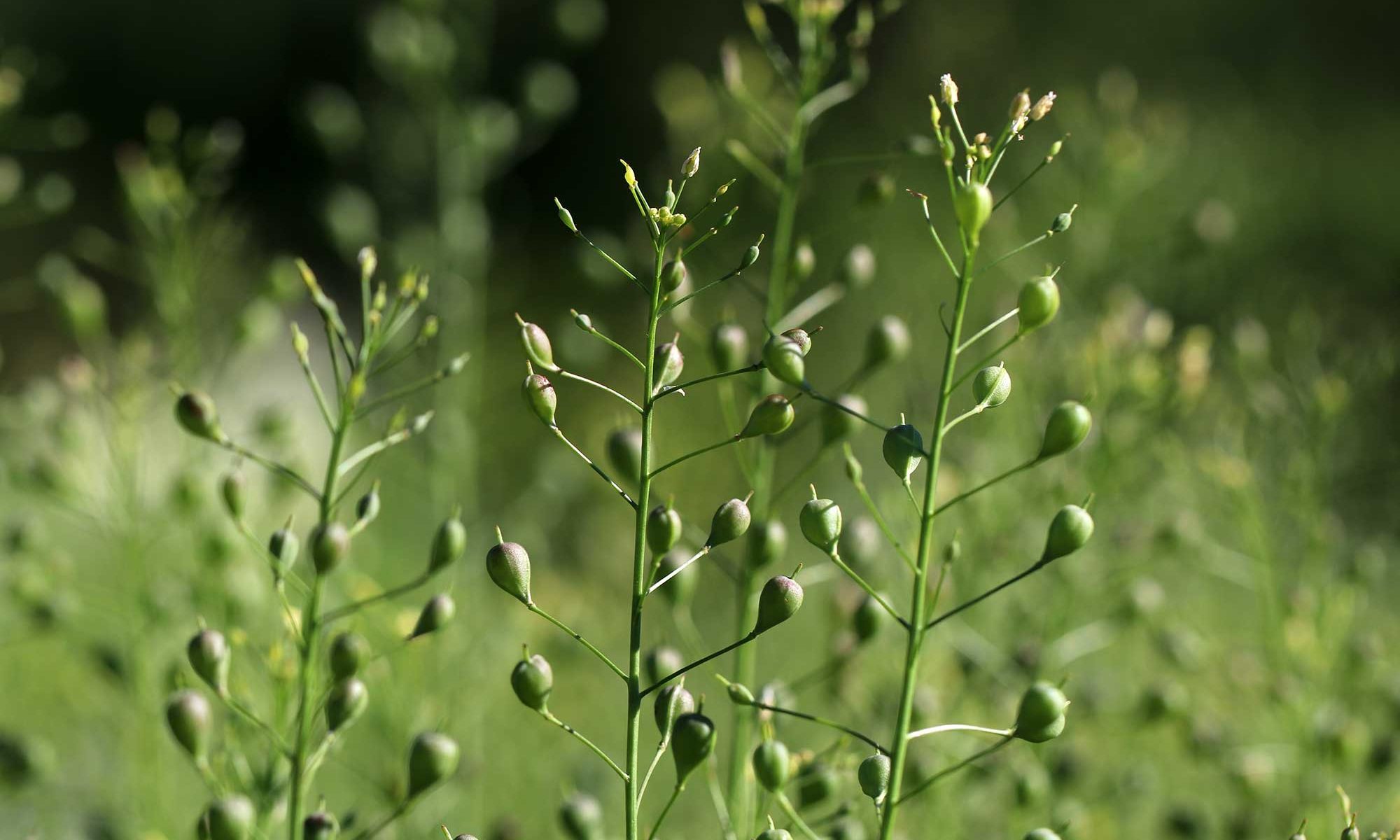PHA are natural polymers, prevalent in nature and fully biodegradable in the environment. Currently produced by fermentation of engineered microbes, PHA polymers have applications in bioplastics, cosmetics, water treatment and animal feed ingredients.
Several Camelina lines were grown in small plots at field test sites in the U.S. and Canada. The levels of PHA produced in seed at the two different locations were consistent and measured up to 6 percent PHA of mature seed weight depending on the plant line tested, demonstrating proof-of-concept for field production of PHA in Camelina Sativa using the new technology.
Based on these results, Yield10 has selected two PHA Camelina lines for larger scale field testing in 2021, pending the issuance of permits in the U.S. In addition to generating more data, Yield10 plans to determine the suitability of the lines for initial commercial activities.
Yield10 believes that direct production of PHA in seed as a co-product with oil and protein meal has the potential to enable production of PHA bioplastics on an agricultural scale at costs in line with commodity vegetable oils to drive large-scale adoption in the plastics markets. PHA bioplastics could ultimately be used to manufacture a wide range of fully biodegradable consumer products.
Europe
In Europe, the research project COSMOS also focuses on genetically edited Camelina Sativa (and Crambe) to make profitable, sustainable, multipurpose, non-transgenic European oil crops for the production of oleochemicals. COSMOS is coordinated by Wageningen University and Research in the Netherlands and funded by the EU under the Horizon 2020 programme.
Image: Sunday Pictures/Shutterstock



